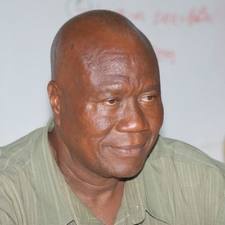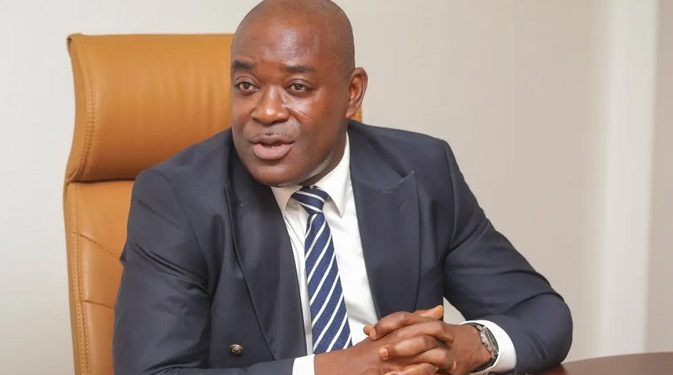Mr Kofi Portuphy, Co-ordinator of the National Disaster Management Organization (NADMO), has stated that the provision of disaster relief items will no longer be the sole hallmark of the Organization, but also the reduction of disaster risk through early warning mechanisms.
He said apart from providing safety for people during disaster, NADMO in collaboration with the United Nations Development Programme (UNDP), was implementing the Community Resilience Through Early Warning (CREW) project, to build capacities and reduce risks throughout the country.
Mr Portuphy said this at a day’s consultative workshop on the CREW project in Cape Coast on Monday, and stressed that NADMO would, in addition, put in place an integrated early warning system that is both scientific and people-centred.
The workshop, attended by 20 stakeholders, was to enable project implementers to formally introduce and inform regional stakeholders regarding the CREW project.
In addition, it was to build partnership amongst key regional stakeholders, validate baseline data on disaster in the region for monitoring and evaluation, and also to choose tentative sites for disaster risk reduction and early warning systems.
The National NADMO Co-ordinator noted that the time had come for the organization to shift from providing relief items to risk and disaster reduction; and stressed the need for various disaster management committees, to identify and remove risk through early warning mechanisms.
Mr Portuphy also expressed concern about the way people continued to develop structures along waterways and other unapproved areas which resulted in flooding during raining seasons.
He gave an instance where people have developed structures and farms along the banks of the Kakum River in Cape Coast, actions which heavily silt the river and result in heavy flood at areas like Kwaprow, Elmina and Duakor, anytime it rained.
He said as part of the early warning project, NADMO had begun desilting the Kakum River, and was also building an embankment to prevent it from overflowing its banks in the rainy season.
Mr Portuphy, in this regard, urged the public not to solely depend on disaster relief items, but should rather make efforts to reduce disaster, which he noted, was the only way people could be saved, should disasters occur.
He commended the late President Professor John Evans Atta Mills through whose efforts NADMO was now in partnership with the UNPD to undertake a three-year pilot project on early warning systems with focus on flood and drought disasters.
Dr Kingsford Asamoah, Project Manager of CREW said, it was being funded by the Norwegian Government , adding that implementers would initially identify 10 top flood and drought prone-districts across the country for a pilot project.
According to him, CREW will carry out an in-depth risk assessment in the selected areas, and assess the early warning gaps and needs in those hotspots, to design a scientific-based and indigenous knowledge on disasters, and develop early warning systems for them.
Source: GhanaWeb












